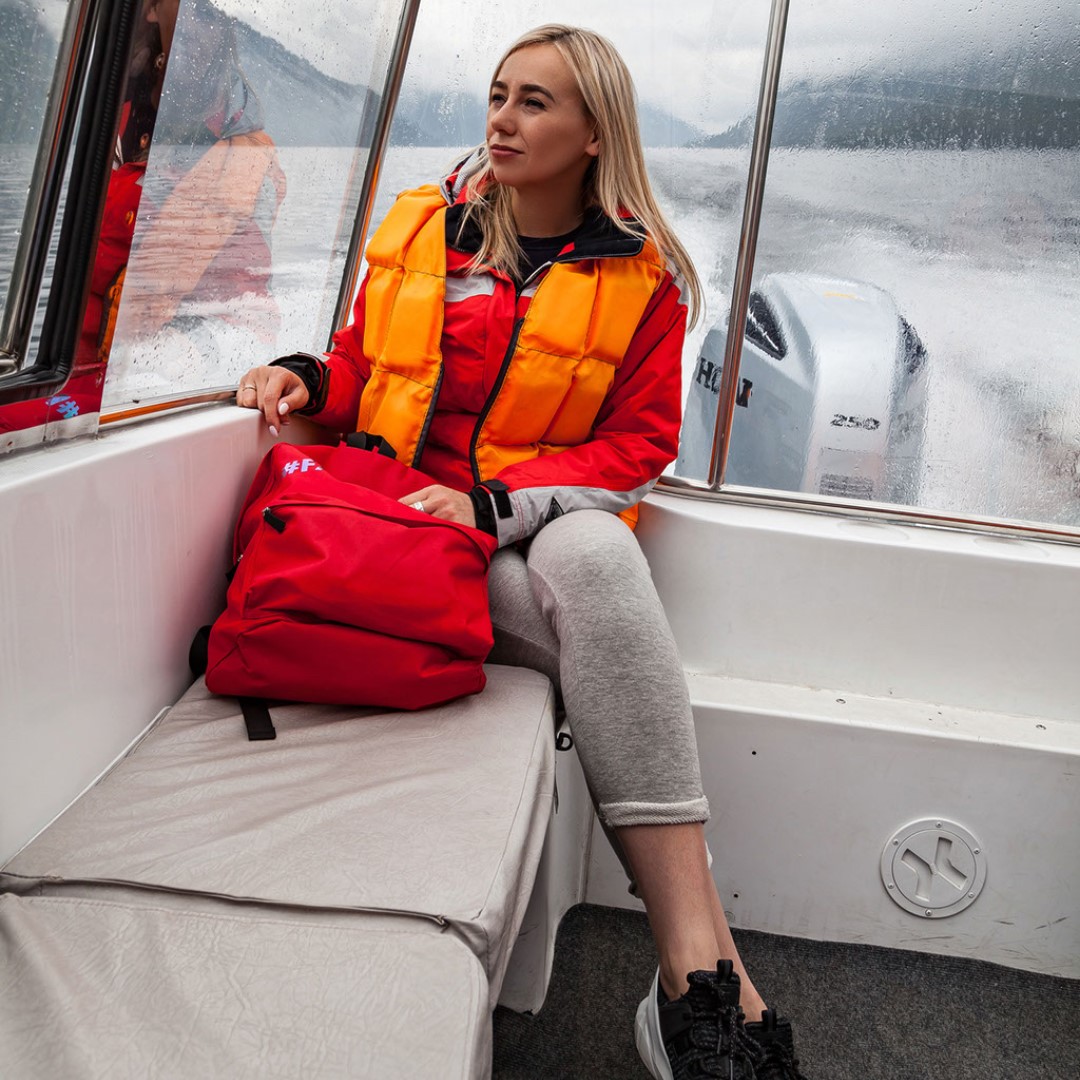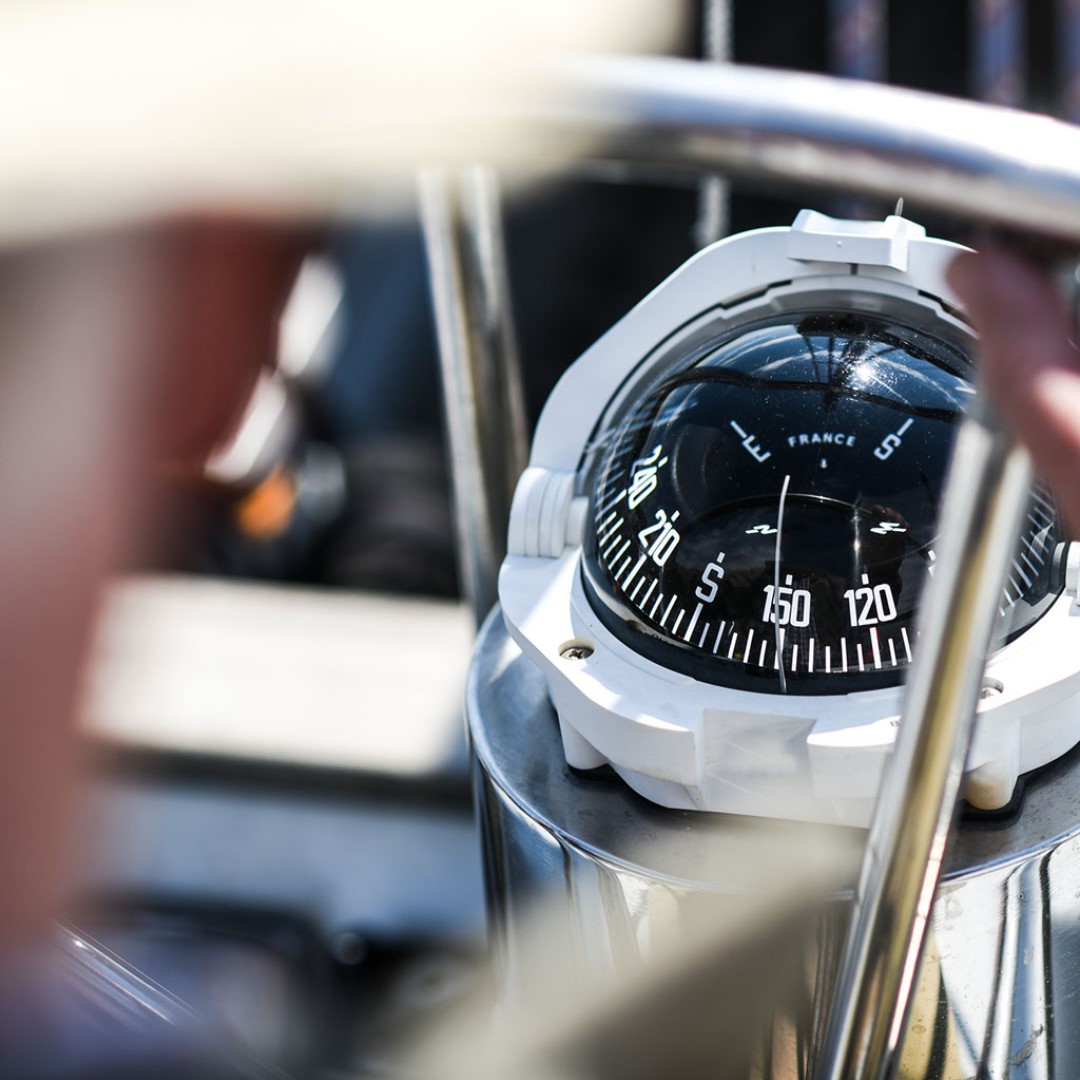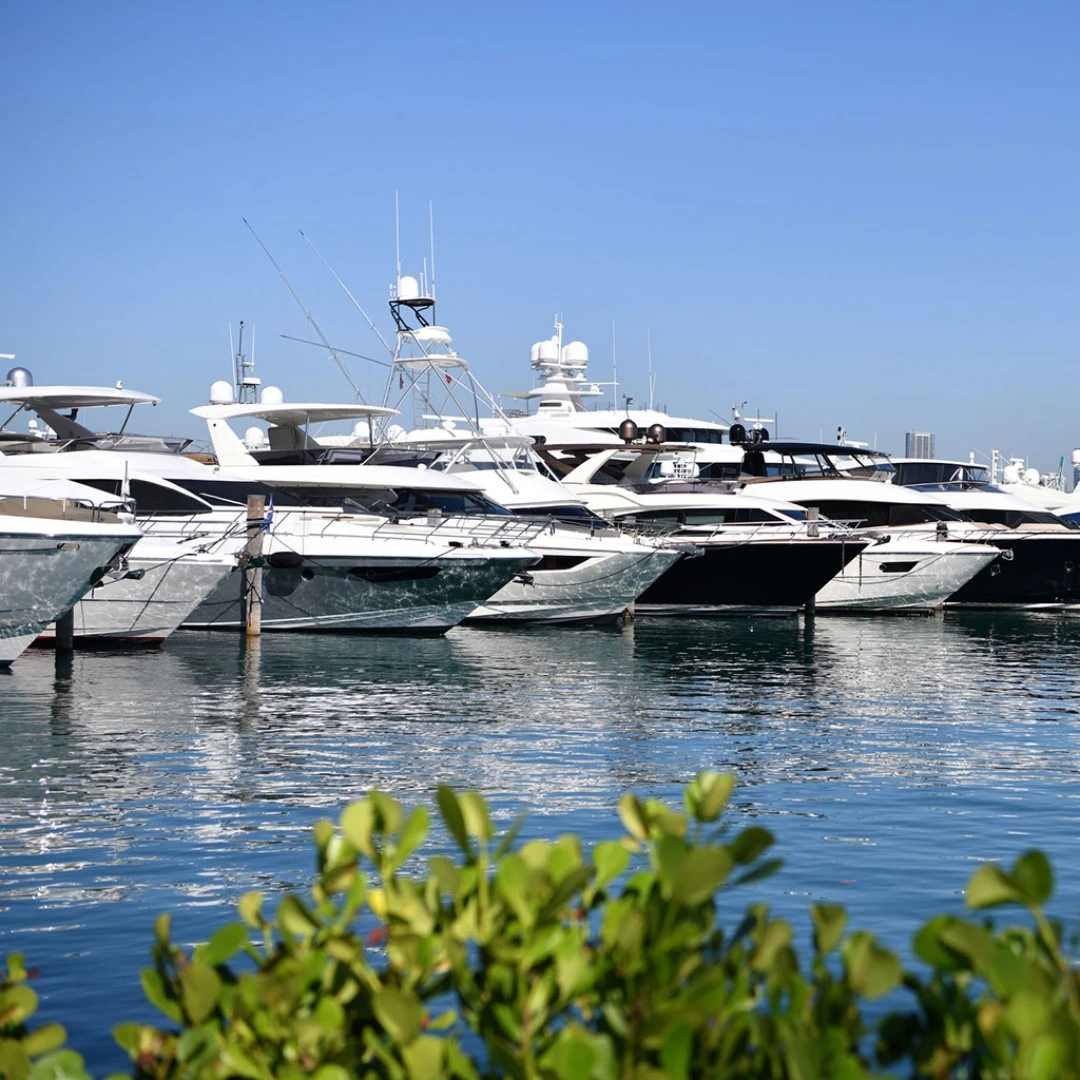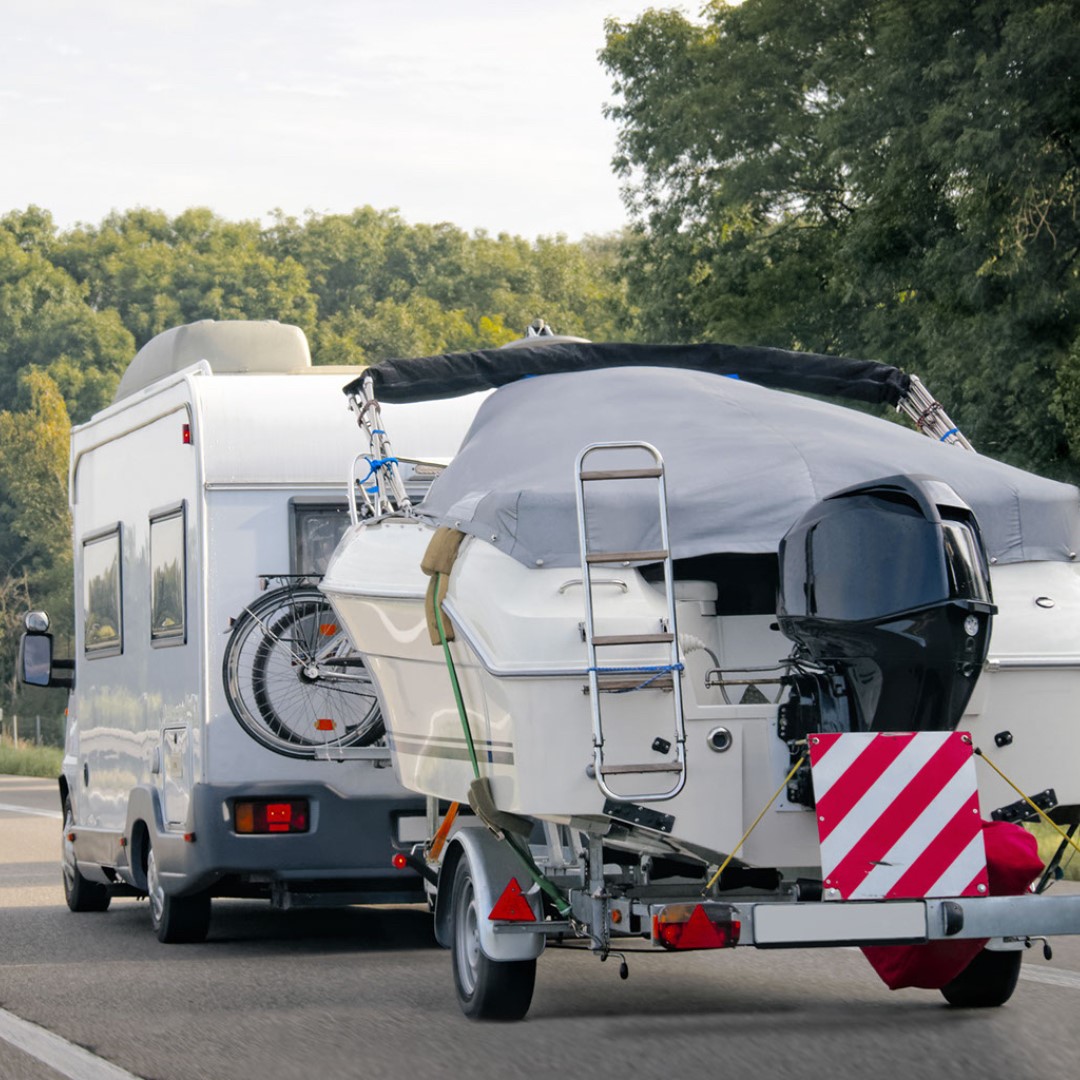As the storms roll in again, boaters on the Gulf Coast and surrounding areas brace themselves for the challenges posed by the onset of the Atlantic hurricane season.
Boating is an exhilarating and enjoyable pastime, but Mother Nature can quickly transform a peaceful day on the water into a dangerous situation. Storms can appear unexpectedly, posing significant threats to boaters and their vessels.
In this article, we give you tips on how to stay safe when caught in a storm.

Monitor Weather Forecasts
The first rule of boating safety is to be well-informed about weather conditions. Before setting sail, always check weather forecasts from reputable sources. Keep a close eye on potential storms and weather changes throughout your journey. Investing in a reliable weather radio or smartphone app can be a lifesaver, ensuring you are prepared for any impending weather disturbances.
Have a Float Plan
Creating a float plan and sharing it with a reliable friend or family member is crucial before embarking on any boating excursion. A float plan should contain details about your departure point, intended destination, expected return time, the number of passengers on board, and the vessel’s description. This information will assist rescuers in locating you in case of an emergency.
Don Life Jackets
Wearing life jackets can significantly increase your chances of survival in stormy conditions. Make sure all passengers, including your pets, have properly fitted life jackets and wear them throughout the journey. In the event of a capsize or overboard situation, life jackets will keep everyone afloat and provide critical buoyancy.

Reduce Speed and Stay Low – If you find yourself in the path of a storm, slow down your boat immediately. Reducing speed will prevent the vessel from taking on water and enhance stability during rough conditions. Additionally, instruct everyone on board to remain low in the boat’s center to maintain equilibrium and reduce the risk of falling overboard.
Secure Loose Items
Stormy weather can toss loose items around the boat, potentially causing injuries or damaging the vessel. Before the storm hits, secure all loose gear, including fishing equipment, coolers, and personal belongings. Anything that could become a projectile should be stowed away safely.
Keep Bilges and Pumps Functional
A well-maintained bilge pump is essential during rough weather. Ensure that your boat’s bilges are clear of debris and fully functional before setting sail. This will help prevent water from accumulating in the hull, which can lead to instability and sinking.
Know Basic Navigation Techniques
In case of electrical failures or low visibility, familiarize yourself with basic navigation techniques. Carry a compass and know how to use it to maintain your course. Additionally, stay aware of your surroundings, landmarks, and the direction of the wind, which can serve as a natural compass.
Communicate with Others – If possible, contact the nearest Coast Guard station or marina to alert them about your situation and your intended course of action. Staying in communication with authorities can aid in rescue efforts and ensure your safety.
Avoid Lightning
Lightning is a serious hazard during storms. If you hear thunder or see lightning in the distance, seek shelter immediately. Never remain on the boat’s deck during an electrical storm; instead, move to the cabin or other enclosed spaces to reduce the risk of a lightning strike.
Boating in stormy weather demands preparation, knowledge, and a cool head. By following these essential boating safety tips, you can increase your chances of safely navigating through rough waters and ensuring the well-being of everyone on board. Remember always to prioritize safety and be proactive in your approach to boating, especially when the skies darken and the winds pick up.
More for you to read;
Navigating Hurricane Season: A Guide For Safe Boating.
National Safe Boating Week: Navigating Waters With Confidence.
Boat Maintenance 101: Essential Tips For Keeping Your Vessel Shipshape.











